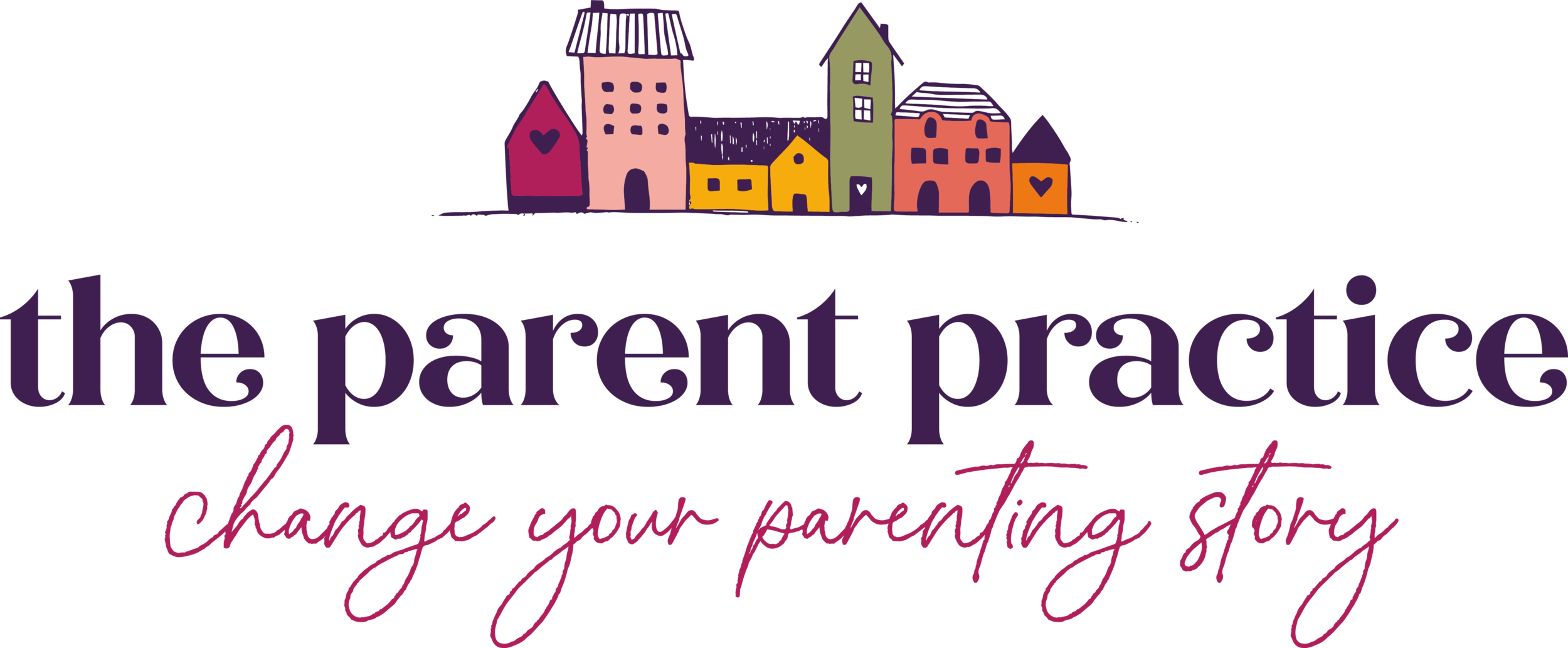Reading Pleasure not Reading Pain
Girl reading her book
Guest Blog by Clio Whittaker of Ampersand Learning and presenter of the 'Easy to Read' Workshop
I find it hard to imagine what my life would be like if I couldn’t read English easily. The nearest I can get is when I try to read in French, a language I speak reasonably competently.
Reading a whole book in French is really hard and slow work for me. I rarely attempt to do so and - guess what – I’m not getting any better at it! We all know that being able to read fluently is the key to children’s success at school, and a love of reading provides a lifelong source of information and pleasure.
Helping our children so that they WANT to practise this important and difficult skill and develop a real passion for and fluency in reading, is one of the best things we can do for them as parents.
And it’s good for us too! Sharing a book should be something that we both look forward to, a special and enjoyable time when we can focus on one another and share a good experience.
Unfortunately, too often and for too many children and too many parents, reading becomes a painful chore, associated with tension and unhappiness. So what can be done?
Here are five things that help to make reading a pleasure not a pain:
Read often and not for too long
Reading is a skill and, like any skill, you need to practise in order to become good at doing it. If you read with your child often, both of you will become better at reading and enjoy it more. Ten minutes every day is much better than an hour once a week.Talk about what you read
When children hear you talking about what they read, they see that reading is an important part of everyday life for adults. If you don’t often read books yourself, talk about what you read in newspapers, magazines or online. If reading English is difficult for you, start by talking about the pictures either in English or in the language you usually use with your child. Find another person who would enjoy reading regularly with your child – it’s a great way for a friend, sibling or grandparent to build their relationship.Read things that interest your child
No one looks forward to doing something they are not interested in. Read what your child wants to read, rather than what you think they ought to read. There are so many fantastic books for children nowadays, there is bound to be something out there that appeals to your child. If you don’t know how find those books, ask a teacher or librarian for ideas and help. The Booktrust charity is a great source of information about children’s books and their authors and illustrators.Create opportunities to read
Get books, newspapers and magazines into your home so that opportunities to read are always there. Join the local library. Give your child books as presents. Tell the school that you would like to read more books and ask to borrow from their library.Make reading as easy as you can for your child
Read a book aloud first so your child knows the story before they try to read the words on their own. Children often don’t need you to tell them when they get a word wrong, because they soon realise it doesn’t make sense. Give them the chance to correct their mistakes. Praise them for trying and don’t leave them to struggle too long over words that are too difficult.
To understand more about what is involved in learning to read, and learn techniques and ways to make a real difference, come along to the ‘Easy to Read’ workshop on Thursday 2nd October! Click HERE for details (click on the workshop tab). Click HERE to Book

